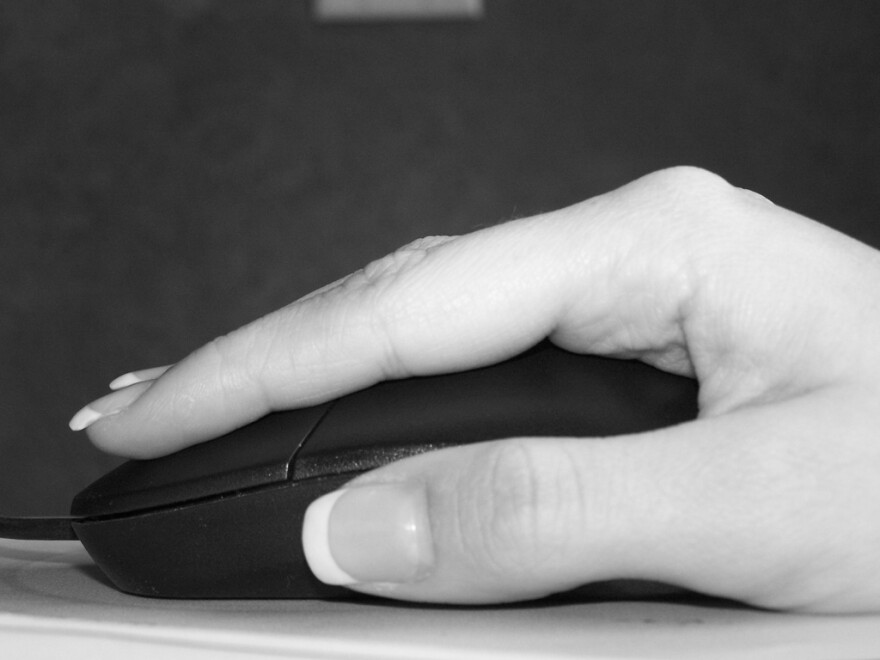Can online lists impact us in ways we don’t understand? Are there real world fallouts to being one of the “ten worst” or “ten best”? Community Voices producer Dan Gummel takes a closer look at clickbait.
We’ve all seen those online lists: “The Top Ten Unhappiest Cities in The U.S.” or “The Ten Most Miserable Places to Live in 2015”. Here in the WYSO listening area several cities including Cincinnati, Dayton and Springfield have been named to lists claiming they are unhappy, or dying. But are these lists really accurate?
Dayton Mayor Nan Whaley says she has an interesting perspective on the various lists that Dayton has made over her tenure, “The hardest thing about lists is they take something complex and make it simple. The other issue is sometimes the data is somewhat questionable. And once people have attached themselves to that list then that can have an effect on the community.”
This questionable data can be a big problem, says Wittenberg University Psychology professor Dr. Jeffrey Brookings, “The nature of these data when you have a number of states whose overall well being scores are fairly close together is that when you turn those into rank orderings small difference in well being scores can turn into big differences in how the states are ranked. And to do that loses a lot of information contained in the original scores and its potentially misleading.”
Furthermore, Dr. Brookings says there’s a psychological process called “confirmation bias “ whereby once we think we have decided that a city is an unhappy place to live become immediately accessible to us and reasons why it may not be an unhappy place to live tend to fade into the background.
So why do these lists exist in the first place? And why is it always so tempting to click on them? In a word: clickbait.
It’s the word people use to describe internet content that entices viewers with a juicy headline or picture with headlines like “Justin Beiber said what?” Or “ You Won’t Believe What the Unhappiest City in America is!”
“I think the pure definition of clickbait is when you’re writing something and you come up with a headline just to be sensational so you can get clicks but the content does not align with your headline so you kind of feel duped. They (the writers) are going to do what gets them traffic and we’re going to click on it because those are the kinds of things we click on because we’re emotional,” says Hiten Shah an Internet industry expert based in Silicon Valley.
Shah explains that since the Internet is powered by advertisements, every time we click on something, a few cents goes into someone's pocket, and the more clicks, the more money. So sadly oftentimes, news is no longer measured in levels of truth or facts, but on numbers of clicks, likes and shares.
“A lot of people like Buzzfeed have come out and said, 'We don’t do clickbait,' but I don’t know if the person writing the content gets to decide if it’s clickbait or not, I think the readers do.” he says.
As to the future of the online clickbait-y list, Mayor Whaley says, “We can hope for journalism to be more thoughtful about what they’re doing, and I think I’ve seen some of that on these lists, you know, I think you’re seeing some more positive spins on it than you did five years ago.”
So the next time you’re surfing the web and someone is dying to show you “The Unhappiest Cities in America” you just have to, you know, click.... and then wade through all the advertisements. Know that most of it is actually just clickbait, people fishing to make money off ads.
For the record, I reached out websites that use lists like “The Unhappiest Cities in the US” including Forbes and The Daily Globe and Mail to see if they wanted to comment on this story, and I didn’t hear back. Which in the end might be just as well, as it comes back to something my mom used to tell me growing up. If you don’t have something nice to say, it might be best to not say it at all.

